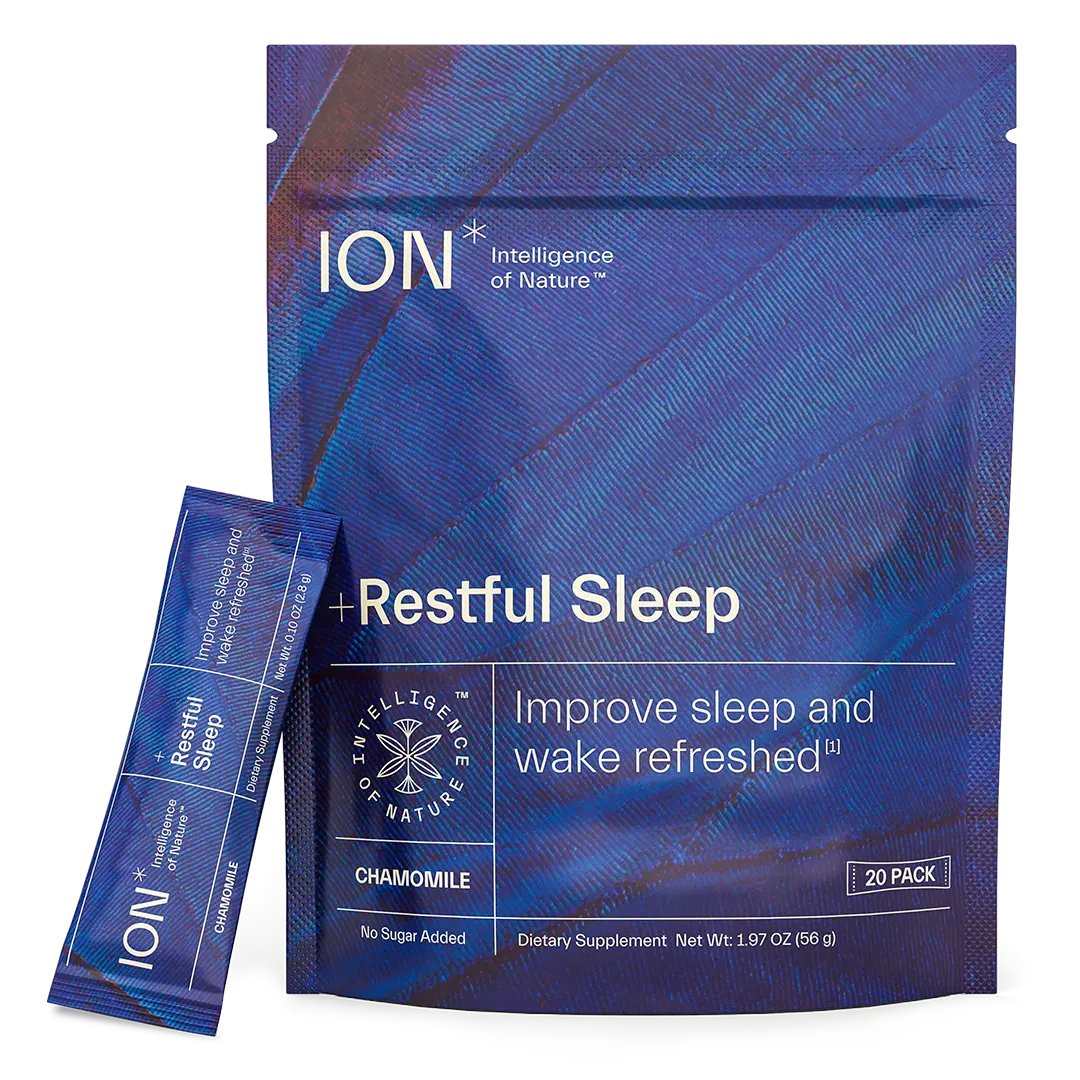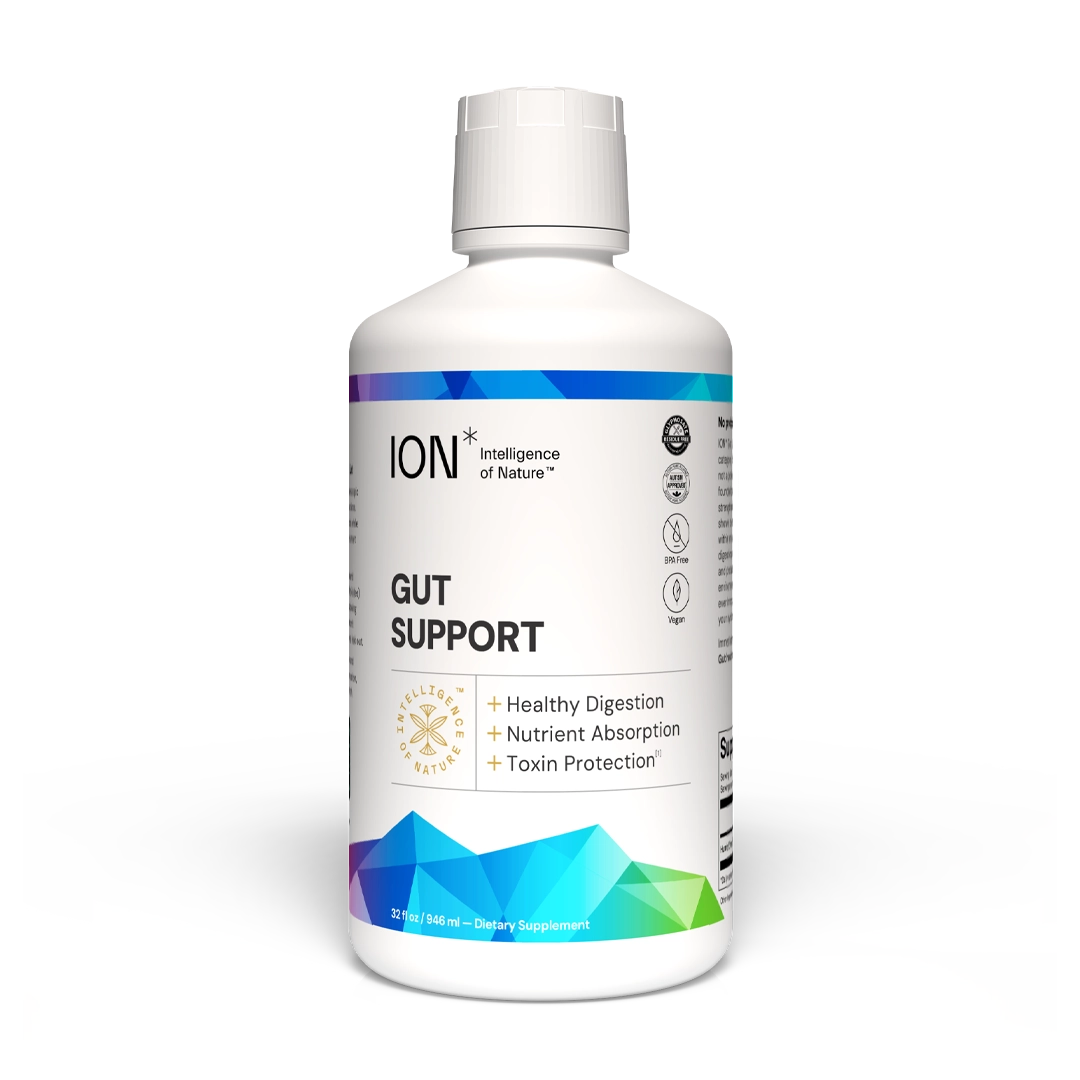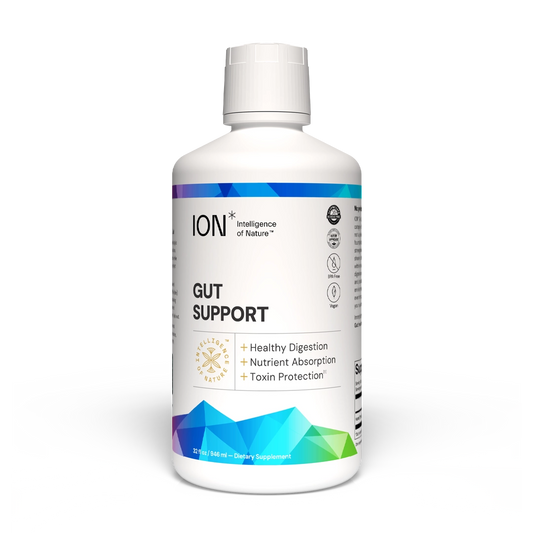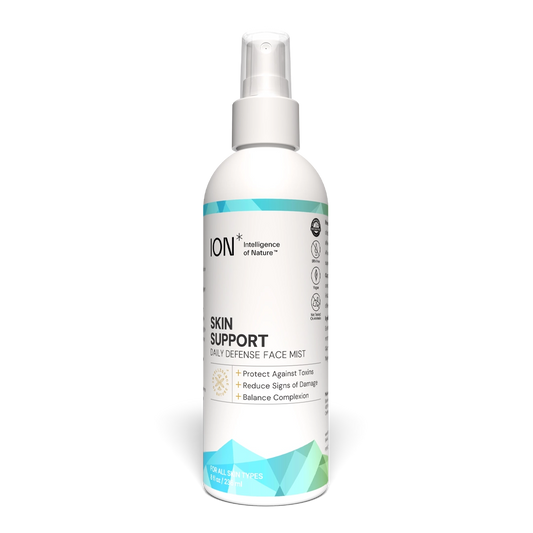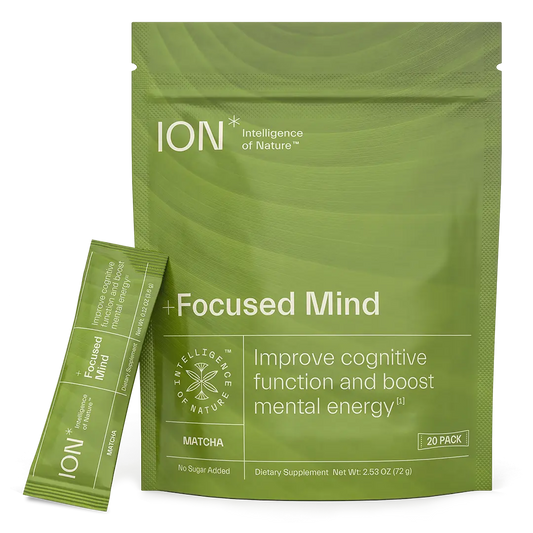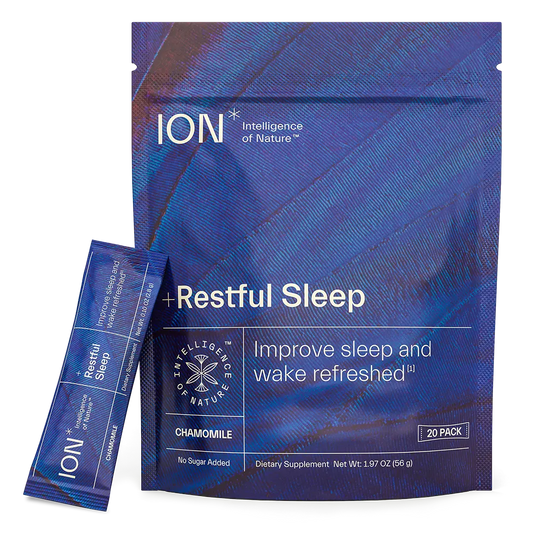Allergies are very common.
When you think about gut health and allergies, your mind may go to “food allergies” first. That’s reasonable, as food allergies are incredibly prevalent in developed countries. Over 32 million people suffer from food allergies in the US alone. And that’s not taking into account other allergies, like seasonal and environmental.
The point is, a lot of us experience allergies of some kind.
And it’s probably a good bet that none of us enjoy them.
There’s a strong link between allergies and gut health. (And not just food allergies.)
The more we learn about the gut, the more we uncover crucial connections it has to other, seemingly disconnected parts of our body and health. Where gut health was once only associated with digestive function, we now know that improving gut health can (and does!) influence key physiological and psychological processes. From our moods and sleep to immune function and heart health, your gut is a super connector to virtually all the functions that keep you well.
Emerging research shows that your allergies and your gut are just the latest in fascinating examples of this seemingly disconnected connection. More than that, understanding this connection can help you manage your allergies and allergy symptoms, too!
Beyond symptoms like sniffles, this link between gut bacteria and allergies is very important for your overall health. Because while some allergies are mild and will resolve on their own, others can be life-threatening and, to be frank, quite frightening. That’s why the connection between your gut health and allergy response should be taken into consideration when taking steps to take care of your well-being.
A brief refresher on gut health and its connection to the rest of the body.
If you’re thinking about improving your overall health, there’s really no better place to start than your gut health, especially for allergies. Why? Well, allergies are, above all, an immune response. Immune system fact: Since over 70% of your immune cells are found in your gut, this is where the focus should be.
Allergic reactions happen when your immune system mistakenly sees a foreign, benign substance (antigens and allergens) as dangerous. This is what causes your body to mount an immune response, and why, in a very short explanation, your body responds with everything from sneezing to shock. Your immune system is the key factor here, which is where gut health comes in.
Basically, because of their strong connection, compromised gut health can have serious effects on your immune function. And since your immune system is in charge of pulling the alarm on any unknown substances it detects that are harmful, having it not function as it should means it could be ringing a lot of false alarms. (Unnecessary and sometimes harmful allergic reactions and responses, that is.)
In short?
With an unhealthy gut, you’re more susceptible to allergic reactions.
Allergies and Gut Microbiome
To get more detailed, a major part of a healthy gut is a healthy microbiome–the (should be) thriving ecosystem inside of you where all the microbes live. These countless bacteria, fungi, and viruses are in charge of many critical factors of our health. If your microbiome is off balance (called “dysbiosis”) thanks to, well, a lot of things that come with modern living, your gut health and therefore overall–health suffers, allergies included.
More on the link between gut health and allergies
Poor gut health isn’t just connected to allergic response, it can also contribute to the development of allergies.
In fact, gastritis, peptic ulcers, IBS, gastroenteritis, colitis, and constipation are just a few of the GI disorders that are connected with an increased risk of seasonal allergies and having higher odds of other allergies, like eczema and asthma. Research has found that dysbiosis (a poor microbiome) preceded the onset of food allergies. This is an especially helpful find, as it suggests the inverse is true–that improving gut health can help improve allergy response.
It’s not just adults with years of environmental toxin exposure and antibiotic prescriptions who are suffering from an off balance gut microbiome resulting in all sorts of health issues. Children, infants, and babies are susceptible, too.
One study found infants with allergies and allergic diseases–food allergies, eczema, and asthma–have lower levels of healthy bacteria and elevated levels of pathogenic bacteria in the gut, the telltale signs of an unhealthy gut microbiome. Research has also shown children who take antibiotics and acid blockers within their first six months of life are at a higher risk of experiencing asthma and other allergic reactions.
Common symptoms of poor gut health
While “seasonal allergies” is a common term, we can experience allergies year-round, from mold and ragweed to pollen and pet dander. You probably know what common allergies feel like–a runny nose or itchy eyes are fairly hard to ignore. But do you know what symptoms of an unhealthy gut and out of balance gut microbiome can manifest as? There are more signals than you may realize.
Common signs of gut bacteria imbalances:
- Stomach problems, including constipation, diarrhea, bloating, heartburn, and IBS
- Sleep problems
- Fatigue and feeling sluggish
- Mood disorders, including anxiety and depression
- Weight gain
Common causes of gut bacteria imbalances:
- A diet high in food additives, sugars, and fats, as well as low fiber content
- Consuming harmful chemicals like pesticides and herbicides (glyphosate in food is particularly hard to avoid)
- Alcohol consumption, especially excessive
- Medications, including antibiotics
- High levels of anxiety and stress
- Unprotected sex (as it can expose you to foreign and possibly harmful bacteria)
Allergies vs. food sensitivities
As most of us know, reactions to different types of foods are common. It can often be hard to determine what responses are allergies or sensitivities. Here are some of the key differences between the two.
Experiencing an allergic reaction is immediate and not confined to just your digestive response.
Allergic reactions can include:
- Vomiting
- Hives
- Throat tightness
- Breathing difficulties
- Coughing
- Hoarseness
Like allergies, food sensitivities also come from immune response, but unlike allergies, their symptoms are much more vague and aren’t always immediate with symptoms onset that can be delayed by hours. The most common food sensitivities are fairly well-known, like eggs, gluten, dairy, soy, and nightshade vegetables like tomatoes. But the immune system can develop a sensitivity to just about any food thanks to leaky gut or inflammation due to an unhealthy gut microbiome.
You may be dealing with food sensitivities if you’re experiencing the following:
- Abdominal pain
- Diarrhea
- Constipation
- Fatigue
- Joint or muscle pain
- Brain fog
- Headaches
On top of food allergies, there’s also the “year round” allergies to consider, too. Spring breezes bring pollen sneezes, mold loves hot and humid summers, the fall welcomes ragweed and the winter ushers in the era of “indoor” allergens (like mites, dust, and dander).
What can you do to help allergies?
Since allergies are a response to a foreign substance, many suggestions include ways to avoid or remove those substances so they don’t trigger a response in the first place. Some of the most common recommendations include:
- Run HEPA filters indoors
- Vacuum often
- Stay inside when pollen counts are high
- Try a humidifier in the winter
- Avoid doing yard work (especially mowing the lawn) right before you’re about to spend extra time outdoors (like throwing a BBQ), because the pollen and grass clippings will be especially stirred up and prevalent
- OTC or prescription allergy medication can help alleviate symptoms for a time
You may notice these are all external options that can help ease symptoms... but what about actually going to the root of allergy issues?
Treating symptoms is a good start. But true allergy relief starts in the gut.
To truly tackle allergies you need to improve your body’s responses to antigens and allergens. This starts with supporting your immune system and overall gut health. While many gut health remedies are additive or subtractive, either adding “good bacteria” or removing certain foods altogether, a simpler, gentler, all natural, and effective solution is here with ION*.
Unlike any probiotic, prebiotic, or other narrowly-focused supplement, ION* doesn’t add anything new to your system. Instead, ION* helps fundamentally, innately, foundationally support what Mother Nature gave you, bolstering your natural defenses and protections and helping to fortify and strengthen your gut.
ION* Gut Support works with the cellular junctions in your intestinal walls to tighten and seal the gut-lining to keep toxins out and nutrients in. This creates a better terrain for a thriving microbiome, aids with overall digestion to ease common stomach issues, and fortifies your immune system to help improve your body’s response to antigens and allergens.
If you’re dealing with seasonal allergies, regular allergies, food allergies, intolerances, and/or sensitivities and are tired of only focusing on narrow symptom relief, try supporting your natural immunity and function at its most foundational level with ION*.
Get the ION* Gut Support and experience for yourself the difference ION* can make for your allergies–and so much more!

